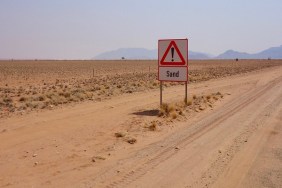(Image via: NASA / Jet Propulsion Laboratories)
The planet has a fever – and how we cool it down is the challenge of the century. How do we start? According to advocates of a branch of scientific techniques known as geo-engineering, the only approach is to think big – and change the planet’s ecosystem before it changes us. Are we ready for these four scientific experiments on a truly global scale?
(Image via: Greenlaunches)
The Earth is heating up because of the greenhouse effect – and one way to short-circuit this process is to prevent the heat getting into our atmosphere in the first place. One way of doing that might be to construct massive orbital space-mirrors, reflecting the brunt of the sun’s energy output back into space (or, even better, into some kind of energy storage facility ready to be used at ground level, following the recent Japanese example). A more contentious proposal? Pollute the atmosphere even further! The world’s largest volcanic eruptions throw particles into the atmosphere that block incoming solar radiation and cool the planet down – so by lacing the upper atmosphere with heat-reflecting aerosols, we might be able to do the same thing. And if that doesn’t work, we could trigger super-accelerated blooms of algae across the world’s oceans that could trap carbon for centuries, giving our planet – and us – the time to find a better solution in the longer term.
(Image via: woodleywonderworks)
Such as…moving the Earth. How could we perform such a feat? (Not by getting a super-huge child to do it, of course). The answer was first proposed in 2001: by whipping a 100-km-wide piece of rock past the Earth at “regular” (6,000-yearly) intervals, the entire planet could be gravitationally boosted to a wider, safer orbit. Downsides: a timescale completely useless to combat modern global warming – and it might upset the Moon’s orbit in unexpected and therefore thoroughly bad ways. But the idea is splendid: what could possibly go wrong?







